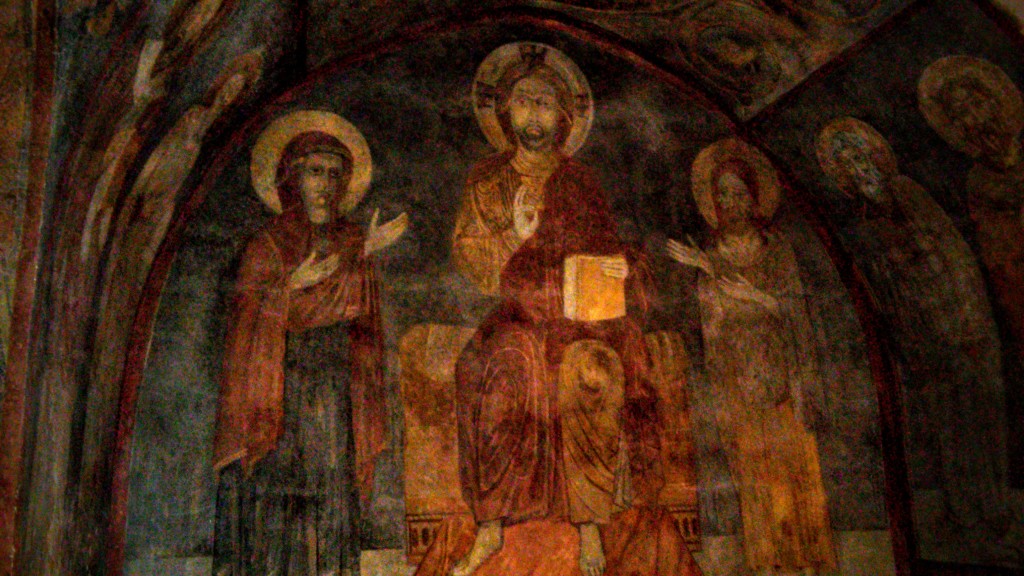Loneliness tends to be the prominent challenge with which many single adults struggle. We often hear someone claim, “Being alone does not mean being lonely.” But this statement does not really make anyone feel any less lonely. It doesn’t even begin to address the reality of the painful feelings of loneliness or suggest how a person can work through the malaise and depression that accompanies it.
Too often loneliness is spoken of as if it is a weakness that we must either ignore or overcome out of strength of character. This makes it difficult to admit experiencing loneliness and sharing its challenges with other people who can help. This philosophy of pulling oneself up by the boot straps is not only ineffective, it is destructive and only serves to perpetuate feelings of isolation and futility.
As Catholic Christians, we must understand that loneliness is not a sin or a product of a lack of spiritual growth, or a result of being distanced from God. It is not something of which we should be ashamed of struggling. Jesus certainly experienced loneliness during his 40 days in the desert, especially when Satan tried to tempt him during his period of isolation. When Jesus was at prayer in the Garden of Gethsemane, he expressed an intense need for the company of his friends during that time of trial. And, we can never fully grasp the absolute aloneness Jesus suffered on the cross as he cried out, “My God, My God, why have you forsaken me.” Just as we are called to join our sufferings with those of Christ, so too can our episodes of loneliness help us to enter into and better understand Christ’s humanity.
Loneliness is a gift much the same as is pain. We don’t think of pain as desirable, but studies of people who cannot feel pain reveal how important it in helping us remain healthy. People afflicted with congenital insensitivity to pain or congenital analgesia, which prevents pain receptors from doing their job, cannot sense pain. Pain serves as an indicator that one’s body has been damaged or is under assault by a microbe, bacteria, or virus. Imagine not being able to sense that the car you are leaning against has been sitting in the sun for hours and is burning your skin even through your clothes, or think how dangerous it would be to not to be able to sense that you have sprained an ankle or broken a bone. Pain has a very real purpose for our well being.
Loneliness, like pain, lets us know that something is not quite the way it should be in terms of our relationships and daily life. Everyone experiences loneliness sometimes. The pertinent question regarding loneliness is, “What is the healthy response to these feelings?”
God created us to have strong, loving relationships with family and friends. But just as Jesus experienced hurt and loss of trust in relationships with his friends and disciples, so too will we have trouble in our relationships. In addition, because we are imperfect in loving and in our understanding of others, we must allow God to do a work in our lives so we can grow in the strength of love and faith to address loneliness with hope rather despair, with a positive attitude rather than cynicism about relationships, and with a love of others rather than self-pity.
When we are suffering loneliness, it is a signal that we need to take action to meet a real need – our need to connect with others. If we never felt lonely, it would be easy to isolate ourselves holding to the belief that we don’t need other people. God created us to love Him, to love others, and what is equally important – to be loved.
Loneliness is God’s gift to us. Do not despair in loneliness, but let it encourage you to move closer to God and give more of yourself to others. “For it is in giving that we receive.” St. Francis of Assisi



